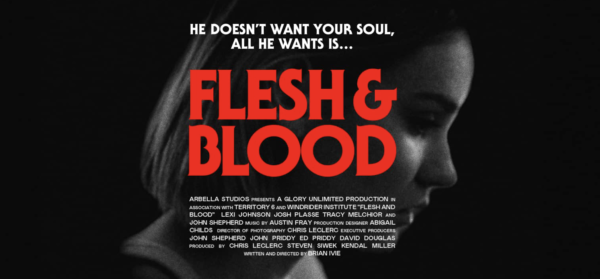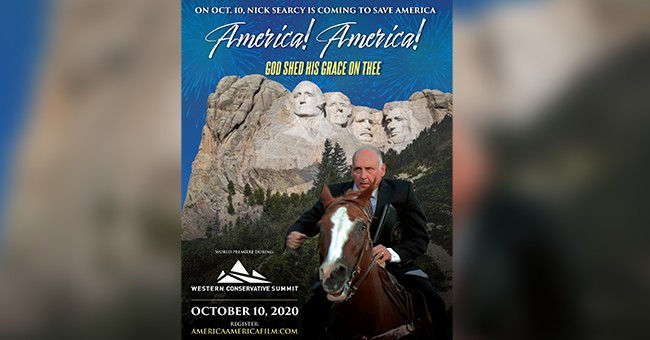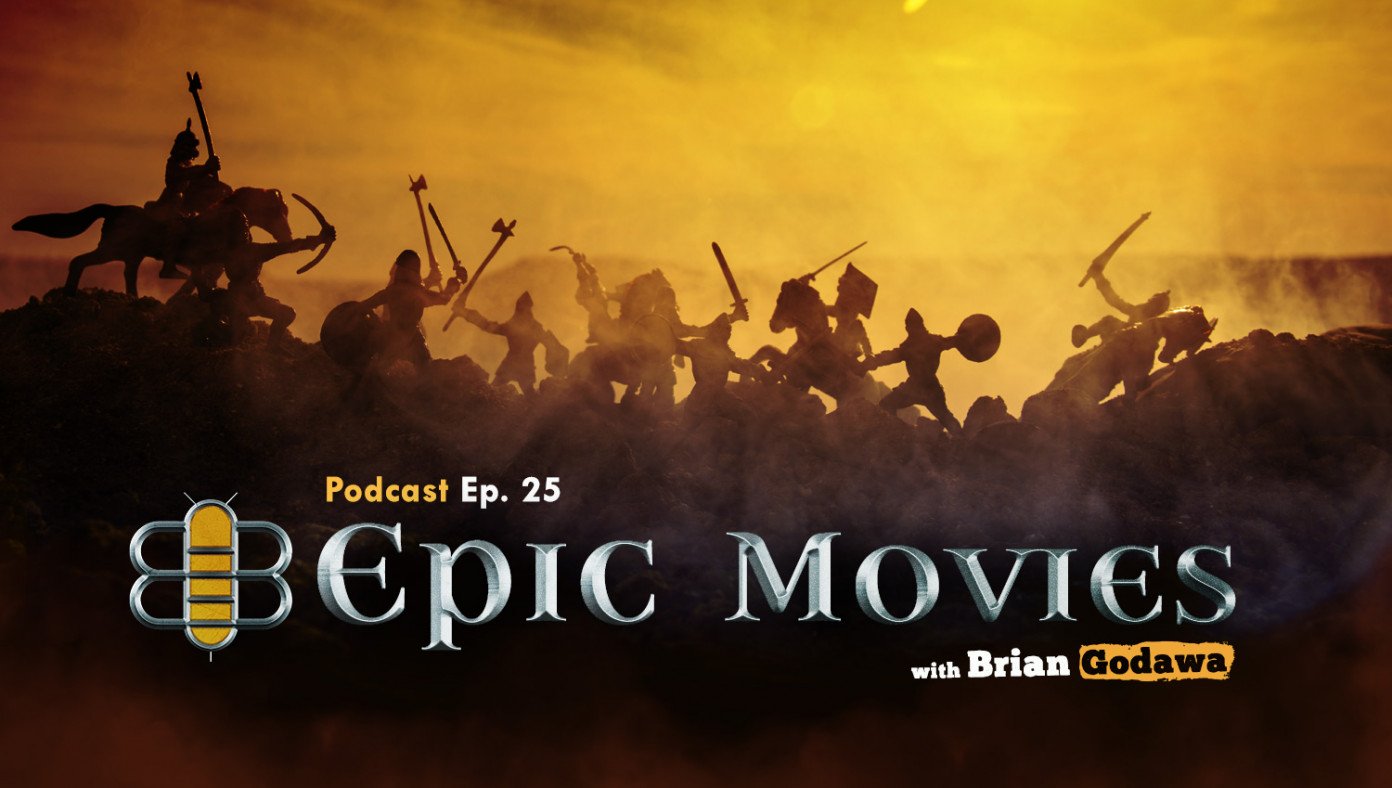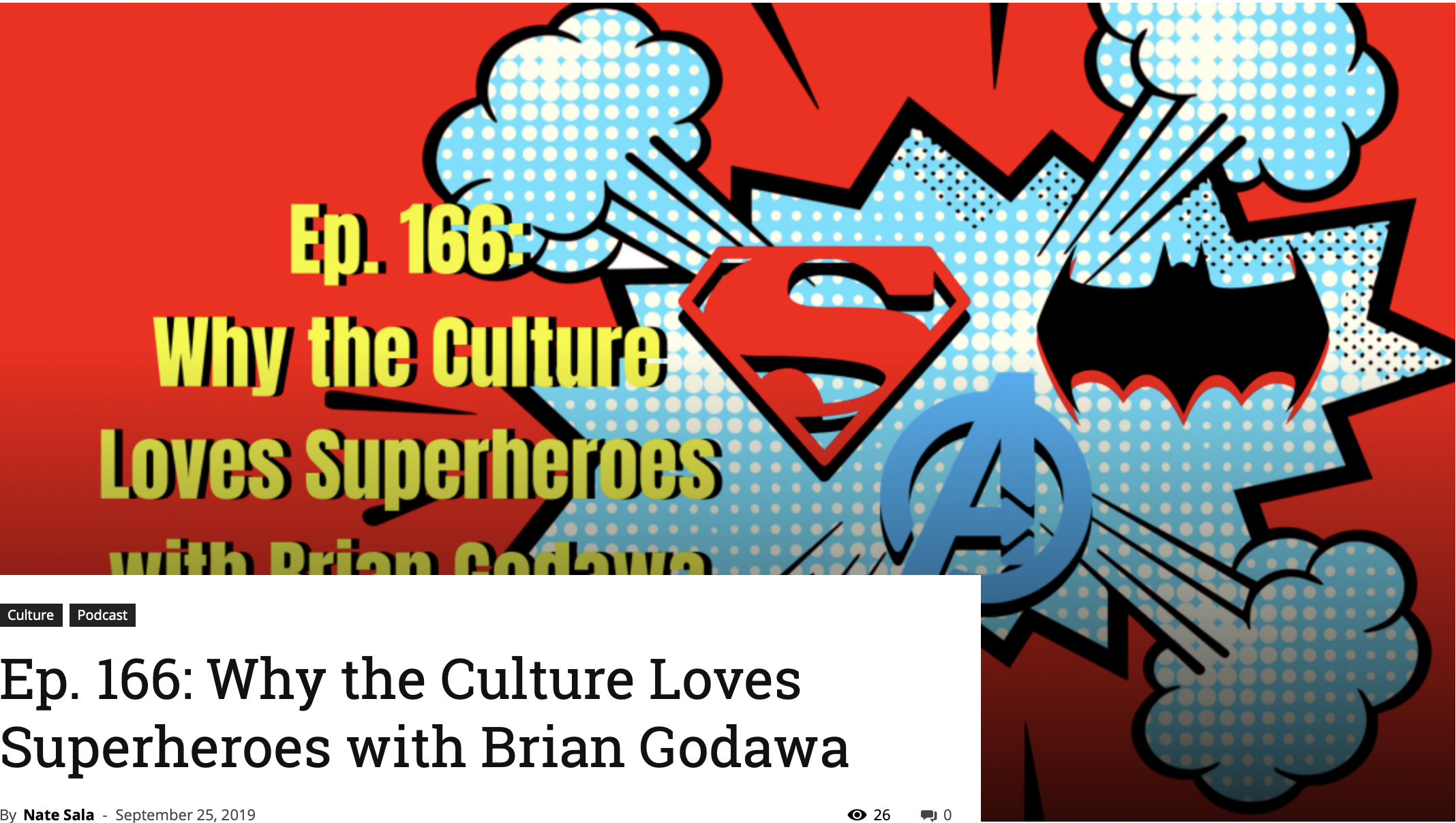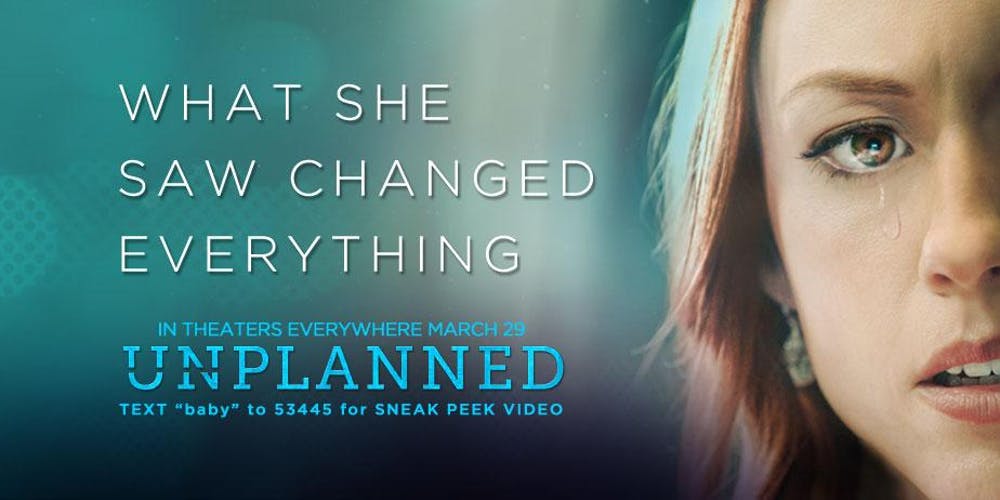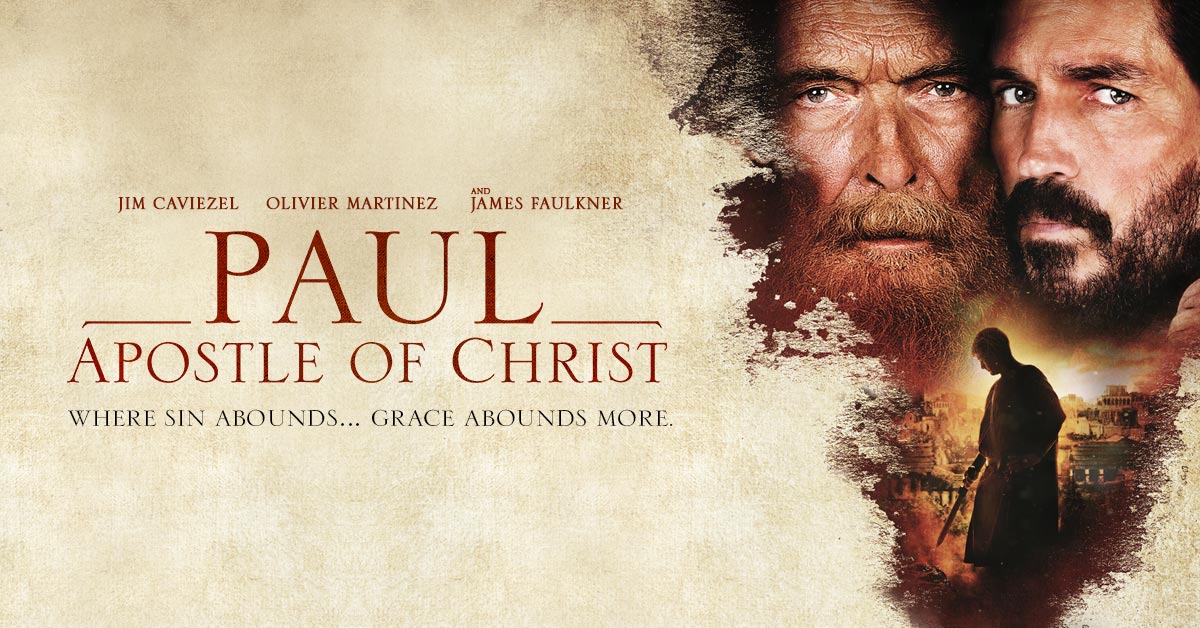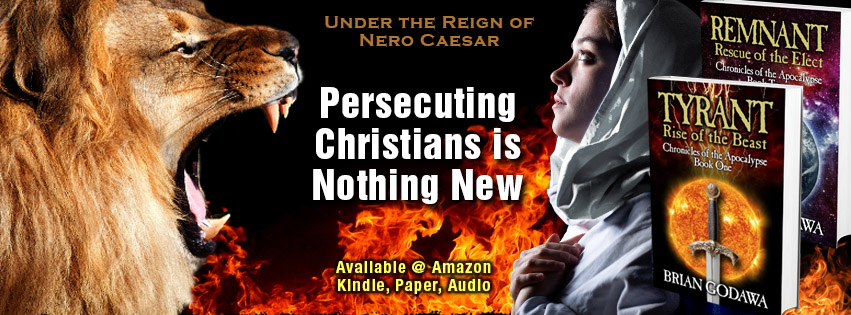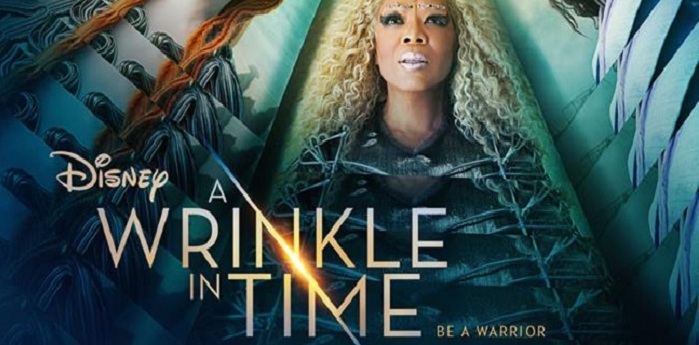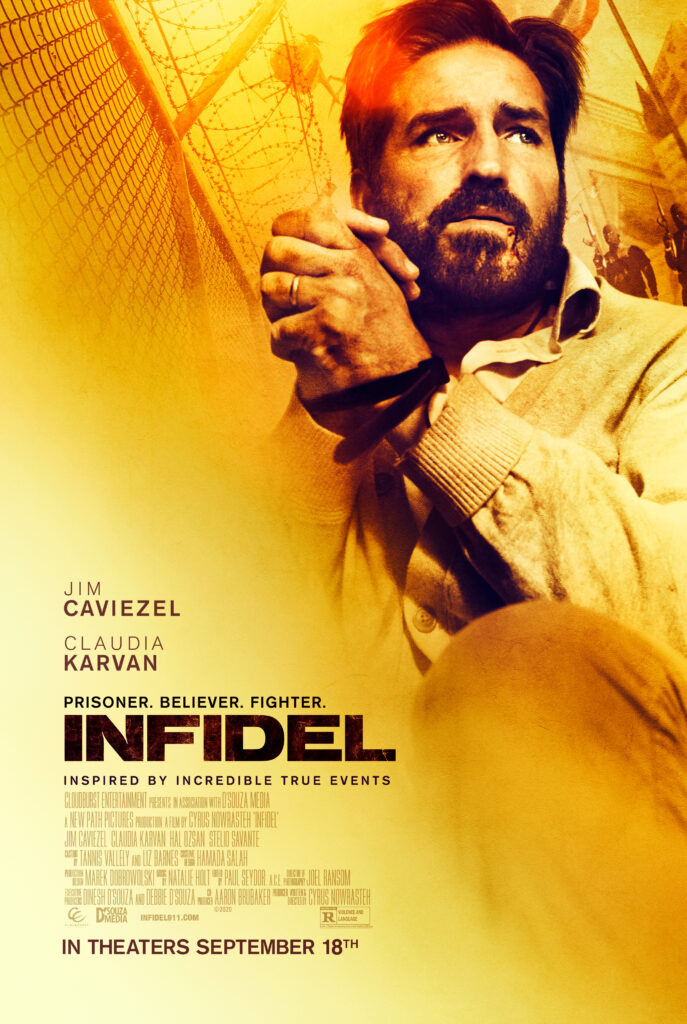
An American Christian blogger is invited to Cairo, Egypt to speak of unity with the Abrahamic faith of Islam. But when he declares the deity of Christ, he is kidnapped by Muslims intent on forcing him to convert to Islam. He is accused of being a spy because his wife works for the US State Department, but nobody there will help her, so she flies off to the Middle East to plead for his life.
This movie claims to be “inspired by true events.” That means that, while it is a fictional story, its various plot elements are actually drawn from situations that have really happened to some Christians in recent years. It reflects truthfully the world that we live in.
The writer director, Cyrus Nowrasteh, had previously encountered Jesus Christ and became a committed Christian through making his movie, The Young Messiah, based on Anne Rice’s novel, Christ the Lord: Out of Egypt.
Now, with Infidel, he makes a bold expansion of his storytelling by exploring the interaction of Christianity with one of its most formidable enemies, Islam. And yes, I mean enemies because while Christianity seeks the conversion of the world through voluntary informed choice, Islam is imperialist, colonialist, and seeks conversion through force. Two totalizing worldviews from opposite ends of the ideological spectrum.
When people criticize “religion” and throw these two faiths into the same bucket, they literally do not know what they are talking about. It’s like Muslims considering Atheists and Christians to be in the same bucket as “western.” Such shallow similarities betray the deep diametric opposition.
Ah, but rationality is not a value of our modern world.
So, the hero of the story, Doug Rawlins, is played with nuance and humanity by Jim Caviezel, the handsome everyman. He’s a bit courageous, a bit naïve in thinking and hoping that he can find some common ground of unity with an imperialist religion that seeks to subjugate through force. But he ain’t an idiot. He’s and idealist who thinks he knows the danger and counts the cost. But does he, really?
His wife, Liz Rawlins, a woman who has lost her faith as a result of experiencing tragedy, is played by Claudia Karvan, with a realistic strength. But she’s not the typical Hollywood joke of a woman action hero or female version of a tough guy, trying to be like men. Karvan doesn’t quite rise in her “presence” as an actor to match Caviezel’s, but she delivers a consistent good performance for the story.
It’s just refreshing to see an authentic movie depiction of men and women Christians and unbelievers that has been written by someone who knows what the heaven he is writing about when it comes to the real world complexities of religion and faith, and what the hell he is writing about when it comes to doubt and unbelief.
When he is taken hostage, Doug experiences the brutality of the underbelly of captivity to Islam and how it treats what it calls “infidels,” with Christophobic zeal, as his wife seeks to find him using her wits and bold courage to fly in where some angels fear to tread.
That journey ultimately takes them both to Iran, where we get to see the oppression of Christians under that regime as well as a climactic third act, presenting a kangaroo court trial for Doug and an action piece ending. It’s not big budget action, but it does the job.
In a way this story perfectly incapsulates the naivete of thinking there is dialogue to be had with Islam without recognizing that its essence is to conquer and colonize for global domination. All willingness to dialogue is a strategic ruse of the doctrine of “Taqiyya,” lying to unbelievers in order to control them for the cause.
If we do not understand the true nature of our opponent, we cannot win the war for civilization.
It’s an instructing story much like Flight 93. It’s a faith-based political religious thriller that gives a new higher bar of quality for those seeking to make films about muscular Christian faith.
Listen, I know that the entire theater experience is all screwed up right now. But if you want to support more movies that deal honestly and truthfully with real world Christianity, that are not Leftist screeds of wokeness or celebration of depravity, then you need to try to find if this movie is anywhere near you and go see it. Put your money where your mouth is. If you can’t find it because the theaters near you are closed, then keep watch for when it comes on iTunes or Amazon or any pay channels and pay to see it. That is the only way we get to see more of these movies. Don’t just wait till its free. Pay for it now, to help filmmakers like Cyrus Nowrasteh make more of them.
Here is where you find out where it is playing at a theater near you.

